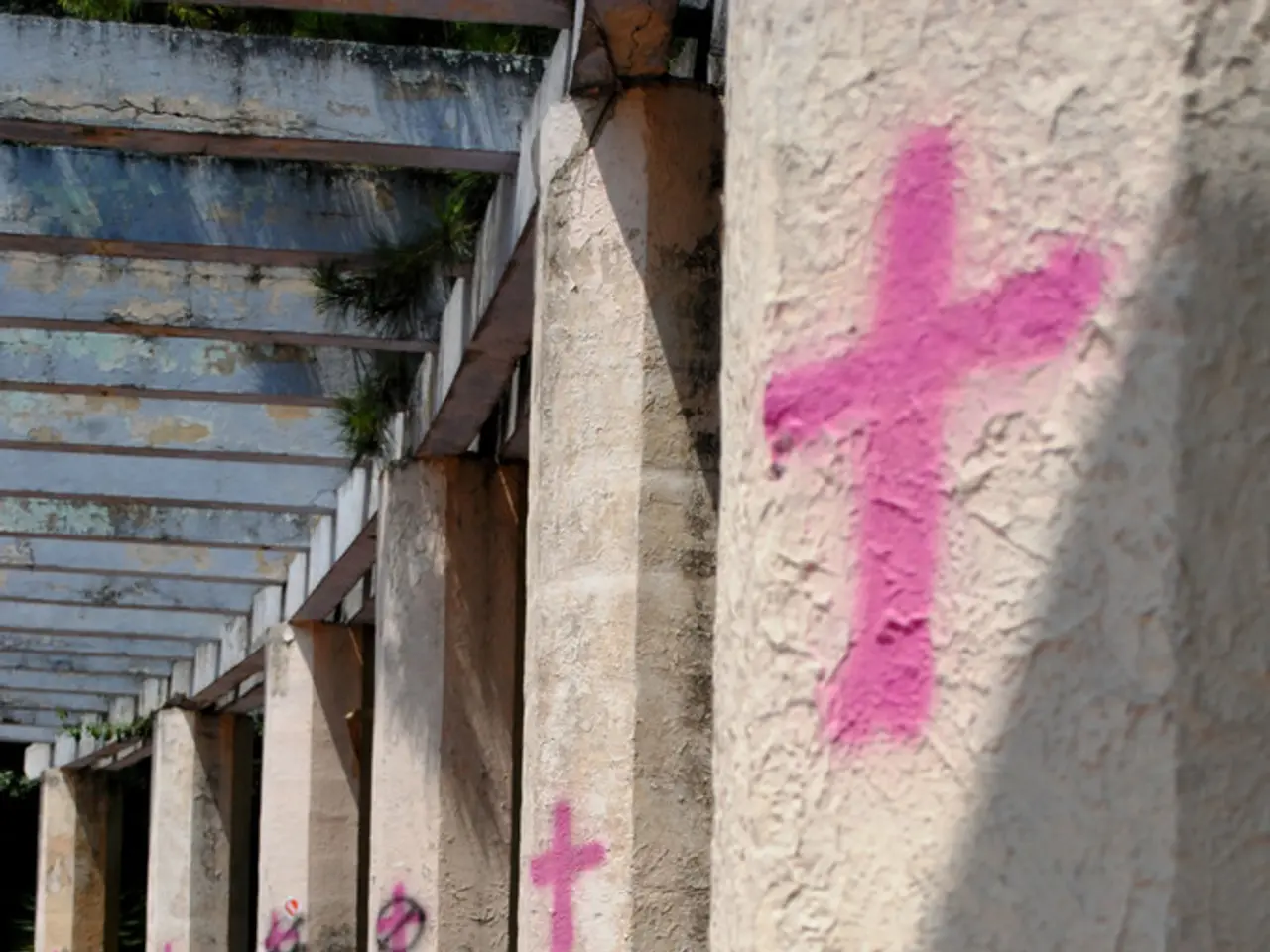Renewed evangelism in the Caucasus and mending of past recollections
The Caucasus region, steeped in Christian history dating back to the 1st and 2nd centuries, is experiencing a significant spiritual resurgence. This revival, evident across various ethnic groups, has been a topic of discussion in numerous scholarly works, including Peter F. Penner's "Scripture, community and context in God's mission in the FSU" and Habiba A. Habikirowa's essay on Christian elements in the traditional culture of the Circassians, both published in Sawatsky, Mission and Evangelism.
In recent years, according to the North Caucasian Evangelical Alliance, there has been an impressive spiritual awakening, particularly in the Russian part of the Caucasus. Groups of locals, including Ossetians, Adyghe, Kabardians, and many others, have professed faith in Jesus in substantial numbers. This rekindling of Christian identity, while rooted in history, was obscured during the Soviet era and its aftermath.
However, the path forward for missionaries and religious communities is not without challenges. In the broader post-Soviet Caucasus and Central Asia, religious minorities, including Protestant and Catholic Christians, face significant legal and bureaucratic hurdles due to state regulation, discrimination, and societal hostility. Orthodox Christianity, often intertwined with national identity, receives state favouritism, while minority Christian groups face moderate government support but still contend with societal discrimination and restrictions.
Missionaries from Western countries have limited impact; the awakening is largely indigenous, but ongoing religious freedom challenges hinder institutional growth and free evangelism, with some countries showing societal hostility toward non-traditional churches.
Armenia, with over 90% of its population belonging to the Armenian Apostolic Church, one of the oldest Christian denominations, presents a unique case. The Armenian Church enjoys significant public trust, even amidst political tensions where the church's role intersects with state politics, risking divisions if political interference in church leadership increases. Regional conflict, such as in Nagorno-Karabakh (Artsakh), highlights the intertwining of Christian identity with ethnic and territorial disputes. Armenian Christian heritage, with numerous churches and monasteries in contested areas, is central for cultural and religious claims.
In conclusion, Christianity in the Caucasus is a blend of ancient heritage and contemporary challenges. While traditional Christian communities remain strong, a new awakening is visible among diverse ethnic groups, driven by local faith movements rather than external missionary efforts. However, state restrictions, societal hostility, and political tensions continue to pose challenges for religious freedom and missionary activity in the region.
Scholars such as Johannes Reimer, Denis Shumilin, and Alexandr Ginkel have contributed significantly to our understanding of Christianity in the Caucasus through their research and publications. The region's spiritual awakening invites further exploration and support, as it offers a promising new chapter in the history of Christianity in this ancient and diverse land.
Education and self-development are crucial for missionaries and religious communities adapting to the challenges in the Caucasus region. With the spiritual awakening among various ethnic groups demanding a better understanding of local cultures, histories, and political landscapes, ongoing research and scholarly works, such as those by Johannes Reimer, Denis Shumilin, and Alexandr Ginkel, will play an essential role in fostering effective missionary strategies and promoting religious freedom.




